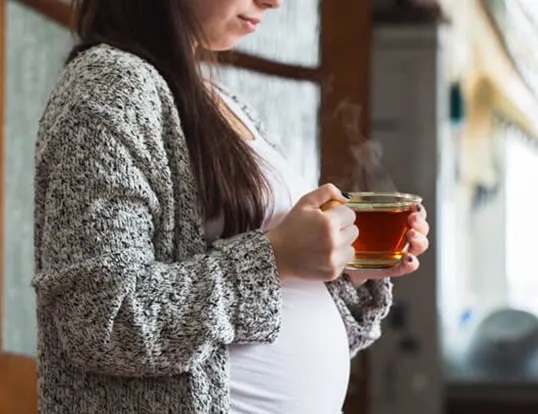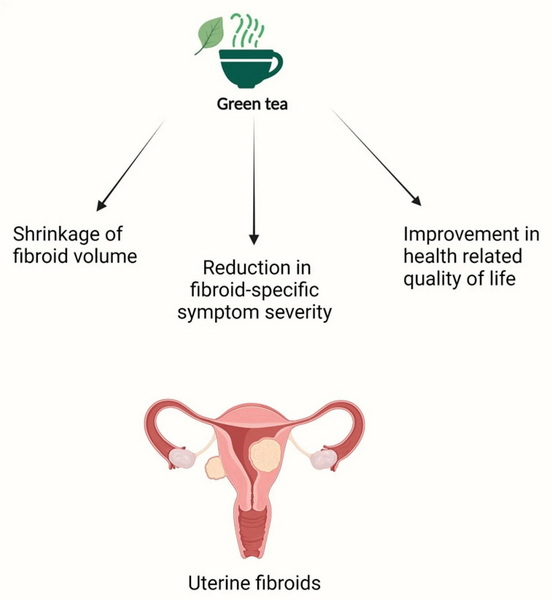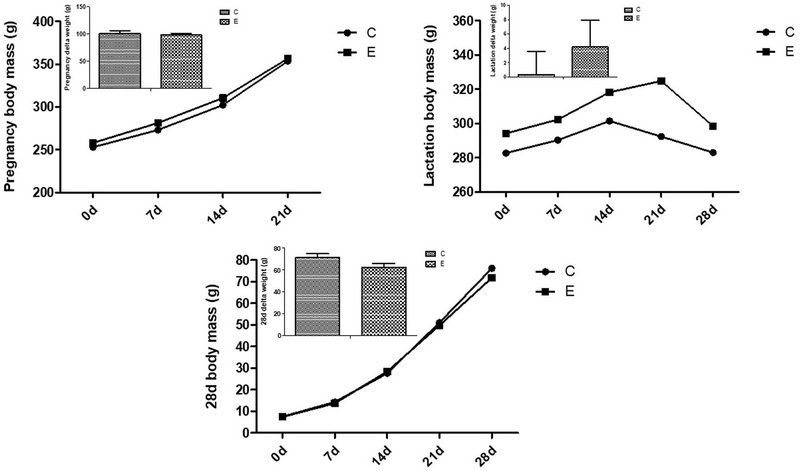Content Menu
● Understanding Green Tea and Its Components
>> Caffeine Content
>> Catechins and Folic Acid Absorption
● Benefits of Green Tea During Pregnancy
● Risks Associated with Drinking Green Tea Extract
● Recommendations for Pregnant Women
● Conclusion
● FAQs
>> 1. Is it safe to drink green tea while pregnant?
>> 2. How much caffeine is in a cup of green tea?
>> 3. Can drinking too much green tea affect my baby?
>> 4. Should I take prenatal vitamins if I drink green tea?
>> 5. What are the benefits of drinking green tea during pregnancy?
● Citations:
Pregnancy is a time filled with excitement and anticipation, but it also comes with a myriad of dietary restrictions and health considerations. One common question among expectant mothers is whether it's safe to consume green tea, particularly in the form of green tea extract. This article will explore the implications of drinking green tea extract during pregnancy, including its benefits, risks, and recommendations from health professionals.

Understanding Green Tea and Its Components
Green tea is derived from the leaves of the *Camellia sinensis* plant and is known for its high levels of antioxidants, particularly catechins. These compounds are believed to provide various health benefits, such as improving heart health, aiding weight loss, and enhancing brain function. However, the consumption of green tea during pregnancy raises concerns primarily due to two factors: caffeine content and catechins' effect on folic acid absorption.
Caffeine Content
Caffeine is a natural stimulant found in many beverages, including coffee and tea. While moderate caffeine intake is generally considered safe for most adults, pregnant individuals need to be cautious. Caffeine can cross the placenta and affect fetal development, leading to potential complications such as low birth weight or preterm labor. The American College of Obstetricians and Gynecologists (ACOG) recommends limiting caffeine intake to less than 200 mg per day during pregnancy.
- Caffeine Levels in Green Tea: An 8-ounce cup of green tea typically contains about 28 mg of caffeine. Therefore, consuming one to three cups per day is generally considered safe for pregnant women.
Catechins and Folic Acid Absorption
Catechins in green tea can inhibit the absorption of folic acid, a crucial nutrient during pregnancy that helps prevent neural tube defects (NTDs) in the developing fetus. Studies have shown that excessive consumption of green tea can lead to lower levels of folate in the body, raising concerns about potential risks associated with NTDs.
- Recommended Intake: To mitigate these risks, it is advisable for pregnant women to consume green tea in moderation and ensure they are taking prenatal vitamins that contain adequate amounts of folic acid.
Benefits of Green Tea During Pregnancy
Despite the concerns surrounding its consumption, green tea does offer several potential benefits for pregnant women when consumed in moderation:
- Antioxidant Properties: The antioxidants in green tea can help combat oxidative stress during pregnancy.
- Weight Management: Green tea may assist in maintaining a healthy weight during pregnancy.
- Digestive Aid: It can alleviate some common digestive issues associated with pregnancy.
- Stress Reduction: Green tea has calming effects that may help reduce stress levels.
- Maintaining Blood Pressure: Fluctuating blood pressure is one of the most common problems during pregnancy. Green tea's antioxidants (polyphenols) can help prevent cell damage and keep blood pressure under control.
- Controlling Blood Sugar: Green tea may help regulate blood sugar levels during pregnancy, which is beneficial for managing gestational diabetes.
- Alleviating Mood Swings: The presence of L-theanine in green tea can provide relaxing effects and uplift mood, countering mood swings often experienced during pregnancy.
- Resolving Skin Problems: Hormonal changes can lead to skin issues; green tea's anti-inflammatory properties may help treat redness, itching, or swelling.
- Boosting Immunity: Green tea stimulates T-cells in the body that are important for improving immunity during pregnancy.
- Enhancing Bone Strength: Regular consumption of green tea may enhance bone strength and promote oral health.

Risks Associated with Drinking Green Tea Extract
While moderate consumption may be beneficial, there are risks associated with drinking green tea extract during pregnancy:
- High Caffeine Levels: Some concentrated forms of green tea extract may contain higher levels of caffeine than traditional brewed tea.
- Potential for Adverse Effects: High doses of green tea extract have been linked to adverse effects on fetal development in animal studies. For instance, excessive doses could lead to decreased body weight in both mothers and fetuses.
- Iron Absorption Issues: Excessive consumption may negatively affect red blood cells' ability to absorb iron, hampering oxygen supply to the baby.
- Increased Metabolic Rate: While an increase in metabolic rate can be beneficial, excessive consumption might cause physiological changes not conducive to fetal development.
Recommendations for Pregnant Women
If you're pregnant and considering drinking green tea or using green tea extract, here are some recommendations:
1. Consult Your Healthcare Provider: Always discuss any dietary changes or supplements with your healthcare provider before making decisions.
2. Limit Consumption: Stick to 1-3 cups of brewed green tea per day to stay within safe caffeine limits.
3. Monitor Your Body's Response: Pay attention to how your body reacts after consuming green tea. If you experience any discomfort or adverse effects, consider reducing your intake or switching to decaffeinated options.
4. Prioritize Folic Acid Intake: Ensure you are taking a prenatal vitamin that contains folic acid to counteract any potential absorption issues caused by catechins.
5. Stay Informed: Keep up with research regarding dietary choices during pregnancy as new studies emerge.
6. Choose Quality Products: Opt for organic or decaffeinated varieties when possible to reduce pesticide exposure and caffeine intake.
7. Timing Matters: Avoid drinking green tea on an empty stomach or right before meals as it can interfere with digestion and nutrient absorption.
8. Consider Matcha Carefully: Matcha contains higher caffeine levels than standard green tea; thus, limit yourself to one cup per day if you choose this option.
Conclusion
In conclusion, drinking green tea extract during pregnancy can be safe when done in moderation. It offers several health benefits but also poses risks related to caffeine content and folic acid absorption. Pregnant women should consult their healthcare providers before incorporating green tea or its extracts into their diets and should prioritize their overall nutritional needs during this critical time.
Maintaining a balanced diet rich in fruits, vegetables, whole grains, lean proteins, and healthy fats while being mindful of caffeine intake will contribute significantly to both maternal health and fetal development. Ultimately, moderation is key—enjoying a cup or two of green tea while ensuring proper nutritional practices can help navigate the complexities of dietary choices during pregnancy effectively.

FAQs
1. Is it safe to drink green tea while pregnant?
Yes, drinking moderate amounts (1-3 cups per day) of brewed green tea is generally considered safe during pregnancy.
2. How much caffeine is in a cup of green tea?
An 8-ounce cup of green tea typically contains about 28 mg of caffeine.
3. Can drinking too much green tea affect my baby?
Yes, excessive consumption may lead to lower folic acid levels which can increase the risk of neural tube defects in the developing fetus.
4. Should I take prenatal vitamins if I drink green tea?
Yes, taking prenatal vitamins that contain adequate amounts of folic acid is recommended if you consume green tea regularly.
5. What are the benefits of drinking green tea during pregnancy?
Green tea can provide antioxidants, aid digestion, help manage weight, maintain blood pressure and sugar levels, alleviate mood swings, resolve skin problems, boost immunity, and enhance bone strength when consumed in moderation.
Citations:
[1] https://www.lybrate.com/topic/green-tea-during-pregnancy/2c2b8a2f570eee402e3f2b87f1a7c4df
[2] https://mothertobaby.org/baby-blog/should-pregnant-women-get-the-green-light-to-drink-green-tea/
[3] https://pmc.ncbi.nlm.nih.gov/articles/PMC8324952/
[4] https://echochildren.org/nutrition-that-aligns-with-guidelines-during-pregnancy-may-be-associated-with-better-infant-growth-outcomes-nih-study-finds/
[5] https://pmc.ncbi.nlm.nih.gov/articles/PMC8299915/
[6] https://www.webmd.com/vitamins/ai/ingredientmono-960/green-tea
[7] https://www.thebump.com/a/green-tea-during-pregnancy
[8] https://divisionofresearch.kaiserpermanente.org/blog/2024/11/21/maternal-diet-healthy-infant-growth/
[9] https://odphp.health.gov/news/202202/nutrition-during-pregnancy-support-healthy-mom-and-baby
[10] https://www.acog.org/womens-health/faqs/nutrition-during-pregnancy






























